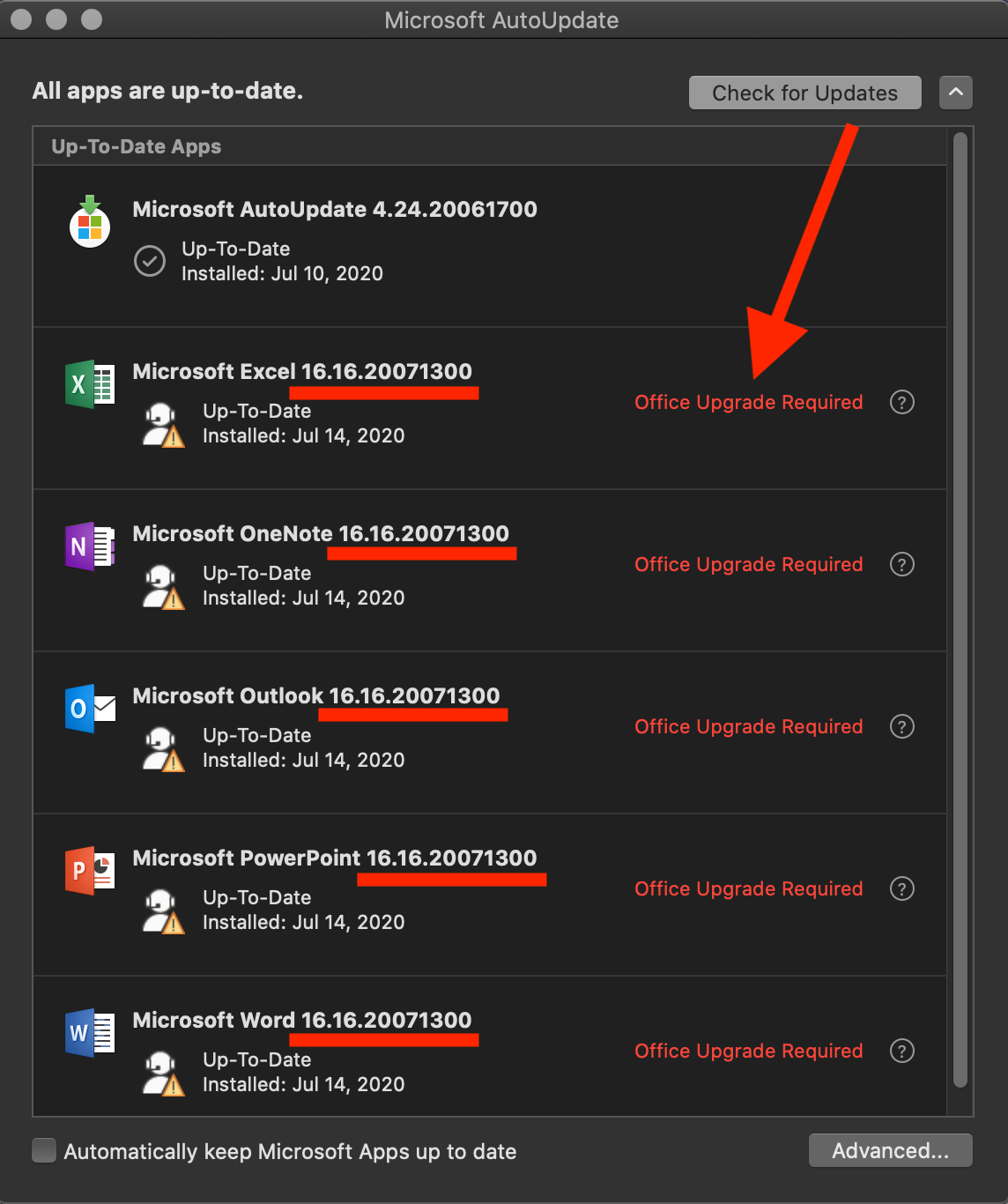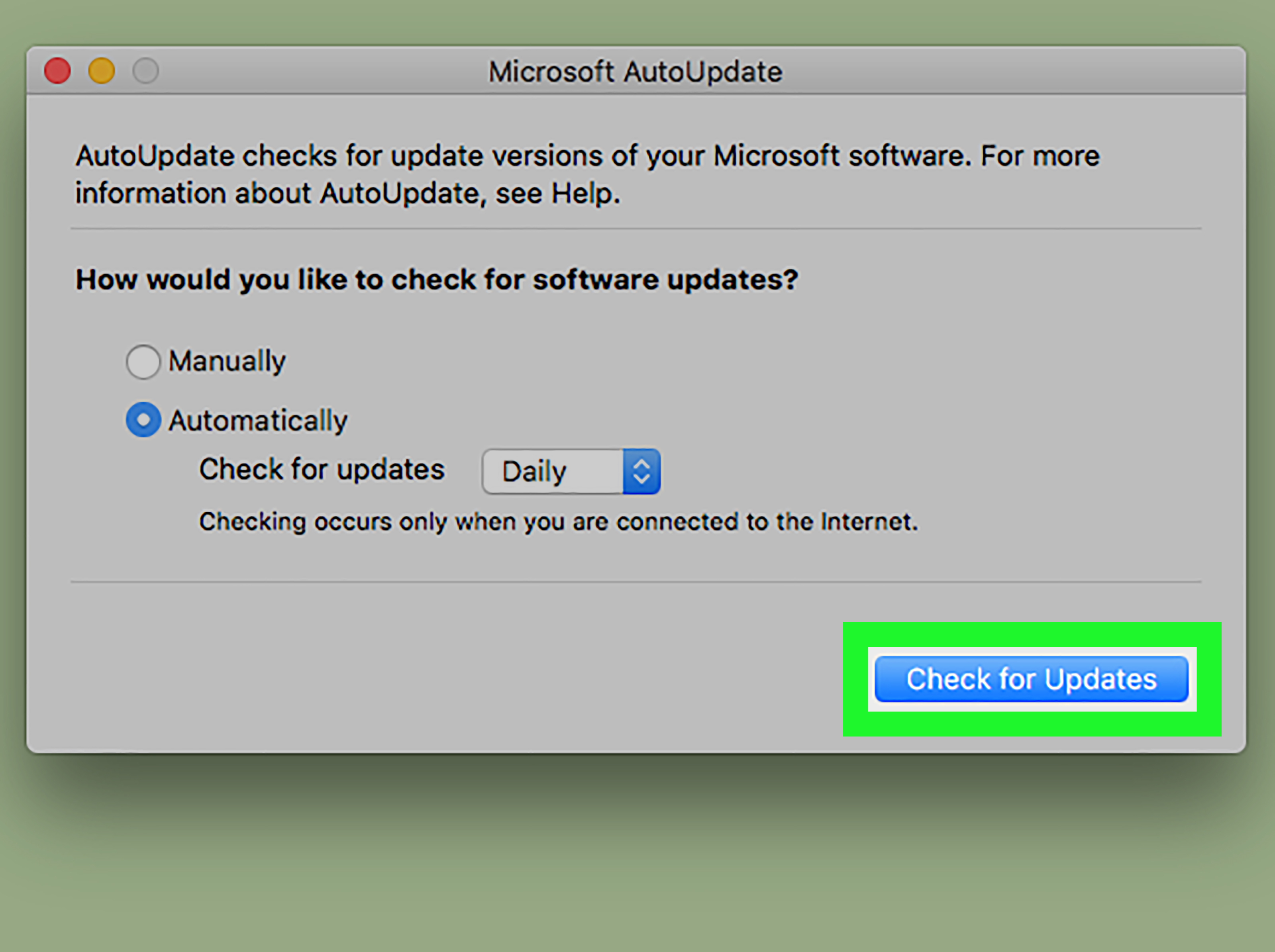
Krekanova said the inconsistency in businesses’ reopening plans is also driven by employers’ struggle to attract and retain talent in a tight labor market where workers are more willing than before the pandemic to quit dissatisfying jobs.Įight in every ten firms reported that they had job openings between July and September, the survey shows. Many of them have continued with a limited in-office presence.
HOW CAN I TELL WITH OFFICE FOR MAC I HAVE FULL
The highly contagious strain raises safety issues for employers.Īlthough 70 percent of businesses said the delta variant has not affected their reopening plans, firms with more than 1,000 workers were more likely to report that delta led them to postpone a full reopening.

The continued disruption coincides with a spike in COVID-19 infections related to the delta variant. … It was very telling that there is no one way businesses deal with the ongoing pandemic.” “The survey confirms that we're not there yet. “Six months ago, we thought that in the fall we would have a better handle on the pandemic in terms of workplace arrangements and more long-term policies in place,” said Vera Krekanova, the Conference’s chief strategy and research officer. A majority have not made long-term decisions about their workplace policies. Just 6% have decided to remain fully remote until the end of the year, according to the survey.

Most employers polled were about evenly split between those that have returned full-time to the office, those that have workers come in three or four days a week, and those that allow them to choose when to stay home.

Roughly 110 companies completed the survey, which was administered earlier this month by the Pennsylvania Economy League of Greater Pittsburgh, an affiliate of the Allegheny Conference on Community Development. And the lack of consensus, the research shows, partly reflects an effort to make workers happy. Pittsburgh area businesses are all over the map in deciding if and when to order employees back to the workplace, a new survey finds.


 0 kommentar(er)
0 kommentar(er)
